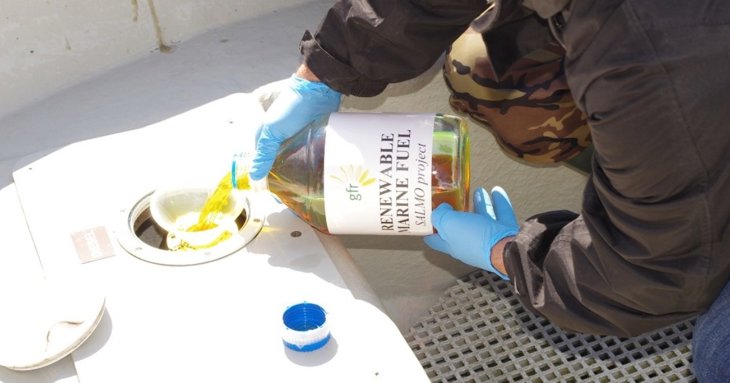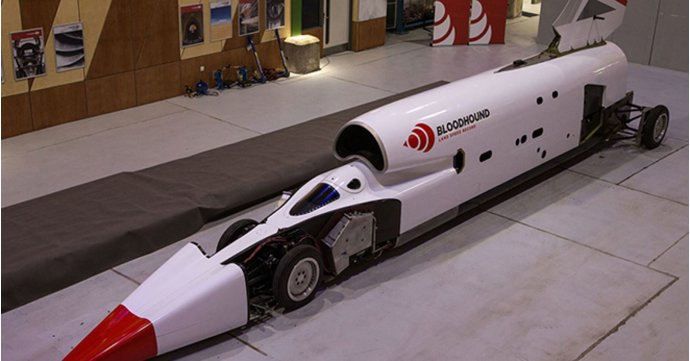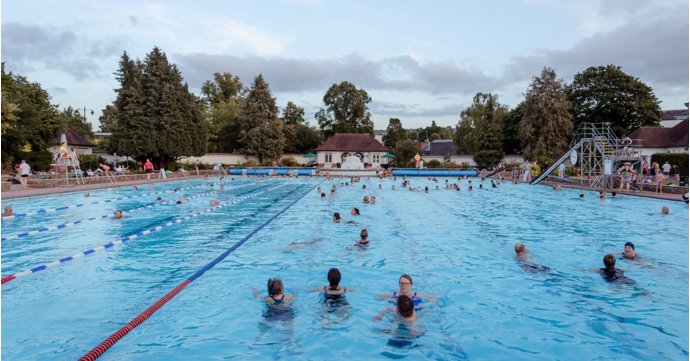Family firm Green Fuels Research has developed a method of making 100 per cent sustainable marine fuel from waste from British fish farms.
The business, based at Gloucestershire Science & Technology Park, Berkeley, successfully demonstrated the use of its unblended sustainable marine fuel at Eglwys Nunydd Reservoir near Port Talbot, South Wales using a Beta Marine B14 engine aboard a motor launch.
Dr Paul Hilditch, chief strategy officer at Green Fuels Research, said: ‘We are thrilled to have proved this truly sustainable hydrocarbon is comparable in properties to marine distillates and suitable as a drop-in fuel for marine engines, without modification to propulsion or fuel systems, and without additives or restrictions on blend percentages.’
The project has been a partnership with the University of Cardiff and Lancaster University and the demonstration was a Maritime Research and Innovation UK (MarRI-UK) initiative supported by the UK Department for Transport.
It aimed to address two challenges: decarbonisation of UK shipping and sustainable management of animal by-product waste from UK aquaculture.
According to the Gloucestershire business the fuel is both highly sustainable and fully biogenic, making it a ‘truly zero-carbon fuel’.




















